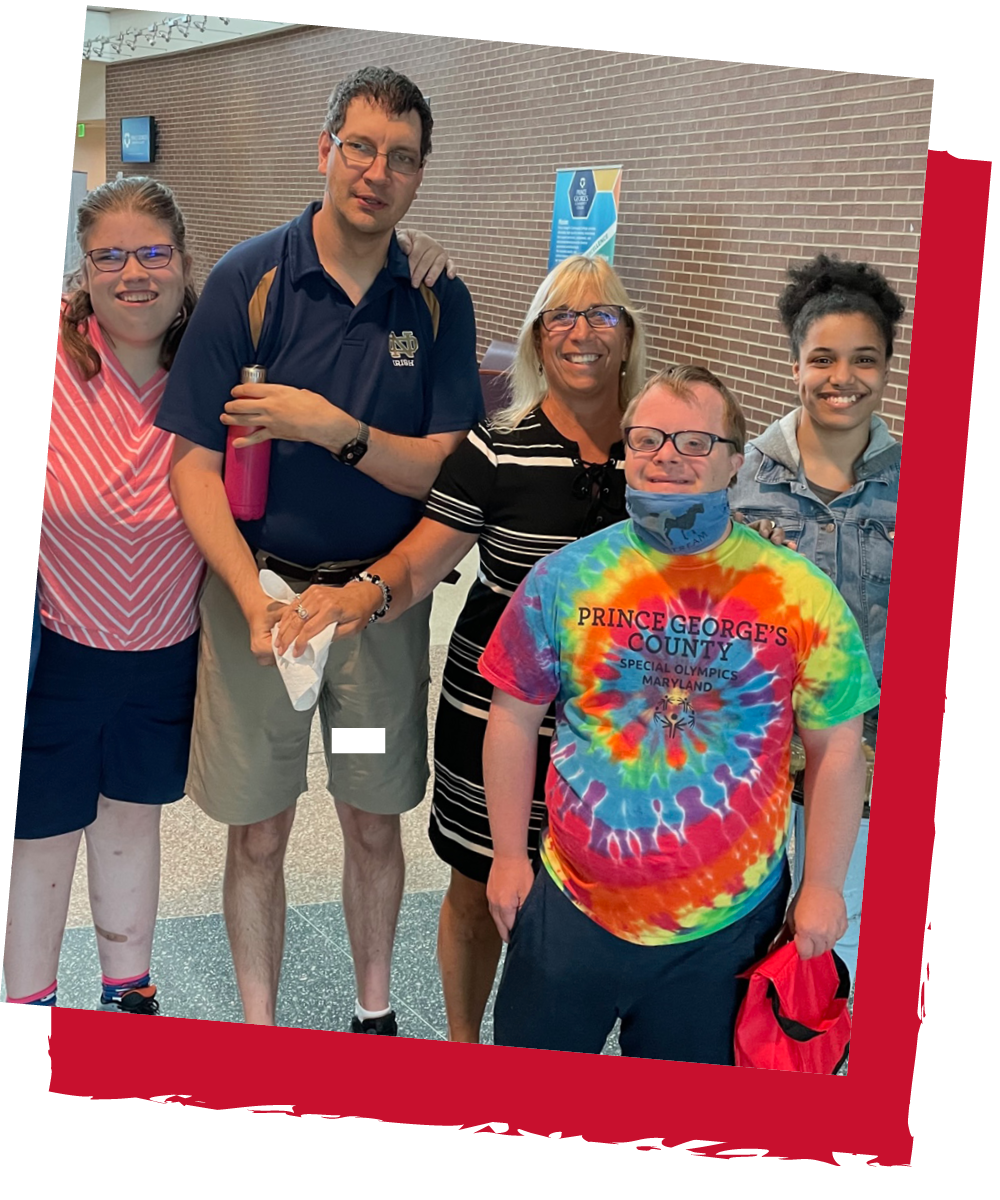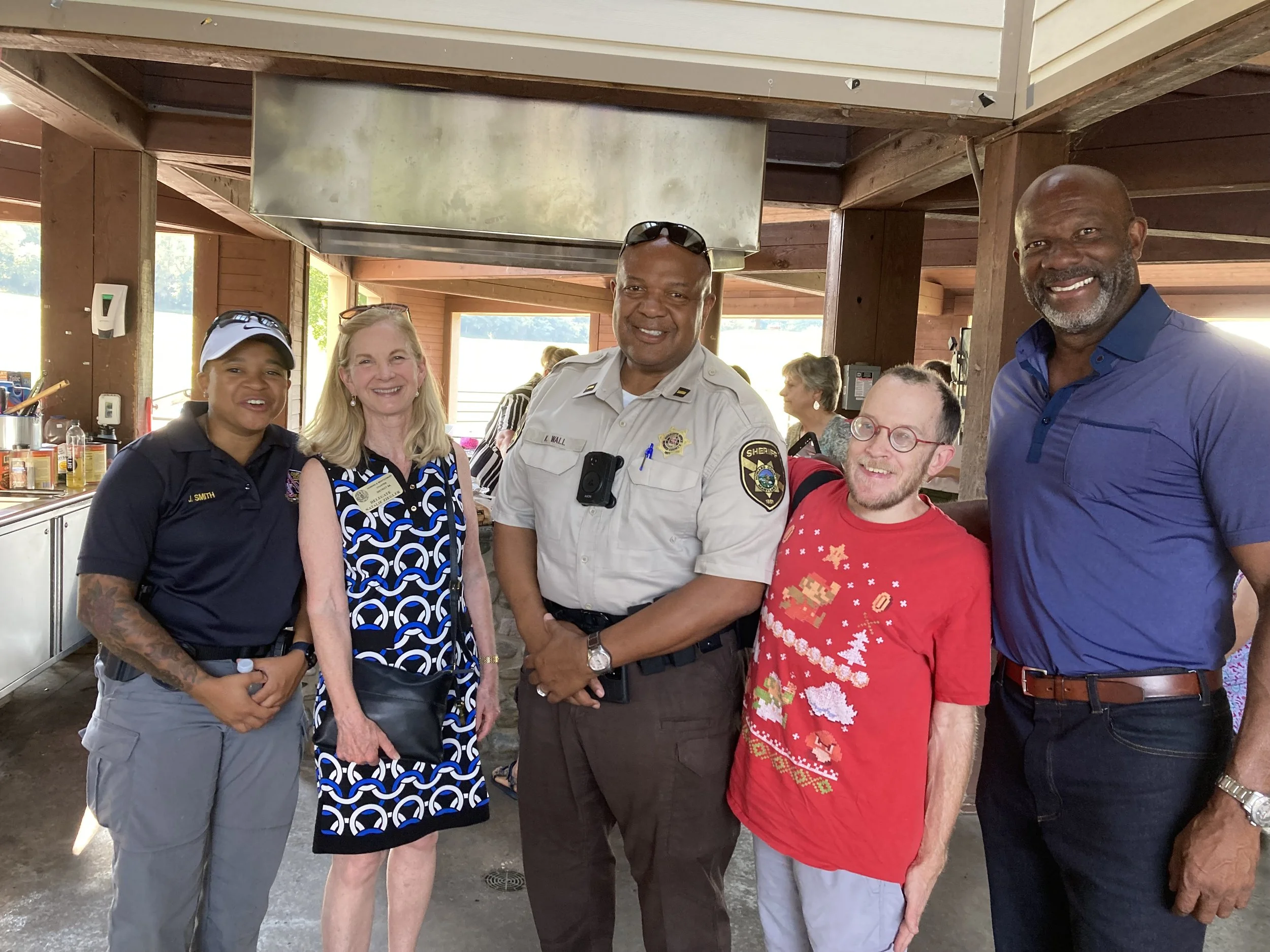For community-based organizations
The MD Department of Disabilities (MDOD) recognizes that establishing relationships is vital to the safe and successful integration of people with intellectual and developmental disabilities (I/DD) in all facets of community life. We further believe that through personal connections, stigma can be eliminated and replaced with acceptance and understanding.
Organizations that support people with I/DD have an important role in helping them live safely and successfully in their communities, including their interaction with law enforcement and first responders.
Ways Community-Based Programs that Support People with I/DD Can Help Improve Interactions, Safety, and Awareness
MDOD provides several opportunities for community-based organizations to further the mission of the Saylor Alliance by funding innovative and effective strategies to improve the relationships between individuals with I/DD and law enforcement and other first responders.
We do this in several ways:
By issuing Community Impact Grants (up to $5,000) for a variety of proposed programs, inclusive community events, and activities.
For example, conducting joint trainings, holding a Be Safe event, organizing ride-a-longs, pool parties or fitness events, assembling and disseminating disability awareness kits for officers, and engaging in role-playing exercises and scenario-based learning opportunities. For more information, go here.
By funding proposals that exceed $5,000 for activities that extend beyond the Community Impact Grants intent.
This can include: covering the costs of training law enforcement and other first responders in MD; compensating self-advocates for their involvement in trainings; conducting Mock Traffic Stops; organizing focus groups; and conducting research that can further guide and inform the work of the Alliance and lead to its sustainability. Email jennifer.eastman@maryland.gov to learn more.
Supporting people with disabilities who participate in training
This includes providing training to them and supporting them to participate in law enforcement and other first responder training, paying them for their time, travel, and accommodations.




